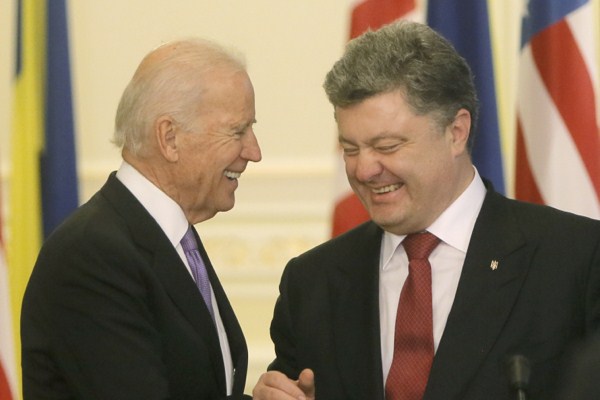I have a modest proposal: I would like to see all U.S. government representatives cease and desist from any further use of the phrase, “all options are on the table.” Initially, these six words did serve a useful purpose: During a crisis situation, assuming an administration practiced strict message discipline without being beset by leaks and second-guessing by anonymous officials in the media, they introduced sufficient doubt among adversaries and challengers as to what the U.S. response might actually be—raising the possibility that the United States might choose to react more forcefully than anticipated.
Over the past few years, however, the purpose of the phrase has shifted. It is no longer about communicating strategic ambiguity to throw a potential opponent off balance as much as it is about ensuring domestic political cover. In particular, it is about disguising a sub rosa refusal to do something without owning up to the costs of actually saying “no” by maintaining the fiction that a particular option is, in fact, still being considered.
The misuse of these six words has been most pronounced when it comes to dealing with Iran and its efforts to develop an advanced nuclear program. In the aftermath of the 2003 Iraq invasion, it became clear that a massive conventional assault on Iran would be highly costly, with no guarantee of success. Furthermore, intelligence revelations showed that Iran had learned the lessons of the 1981 Israeli raid on the Iraqi reactor at Osirak by dispersing their facilities, which rendered useless the low-cost, low-risk strategy of relying solely on one massive airstrike to eliminate the Iranian program. Thus, policymakers in U.S. President George W. Bush’s administration realized that the military option would probably not be feasible.

